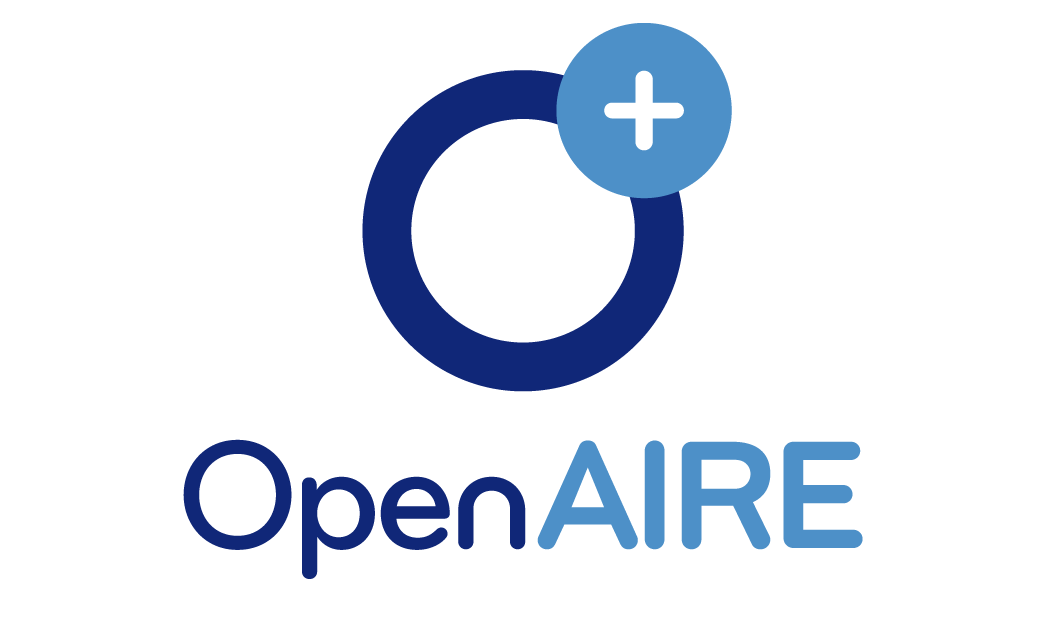IMPROVING LABOR RELATIONS AND HUMAN CAPITAL IN THE CONTEXT OF DEVELOPING THE DIGITAL ECONOMY
Keywords:
Human capital, labor relations, digital economy, artificial intelligence, digital transformation, Uzbekistan, economic development, labor efficiency, innovation managementAbstract
This paper examines the impact of digital transformation on labor relations and human capital development in Uzbekistan. The rapid growth of the digital economy requires a rethinking of human capital as a critical factor in economic growth, particularly in the context of artificial intelligence and technological advancements. This study reviews the current trends and challenges in labor relations and explores strategies for enhancing human capital through modern technologies. A particular focus is placed on the integration of artificial intelligence with traditional management systems to optimize labor efficiency and innovation. The findings highlight the importance of digital literacy, organizational transformation, and effective leadership in accelerating human capital development, especially in emerging economies like Uzbekistan. Recommendations are made for policymakers and businesses on leveraging digital tools to improve human capital and foster sustainable economic development.
References
1. Goldin, I. (2021). COVID-19 Is Increasing Multiple Kinds of Inequality. Here's What We Can Do about It. World Economic Forum.
2. Becker, G. S. Human Capital: A Theoretical and Empirical Analysis, with Special Reference to Education. University of Chicago Press, 2009.
3. Schultz, T. P. "Human Capital, Schooling, and Health." Economics & Human Biology, vol. 1, no. 2, 2003, pp. 207-221.
4. Thurow, L. Investment in Human Capital. Belmont, 1970.
5. Crawford, J. K., and Cabanis-Brewin, J. Optimizing Human Capital with a Strategic Project Office: Select, Train, Measure, and Reward People for Organization Success. Auerbach Publications, 2005.
6. Garavan, T. N. "A Strategic Perspective on Human Resource Development." Advances in Developing Human Resources, vol. 9, no. 1, 2007, pp. 11-30.
7. Rastogi, P. "Knowledge Management and Intellectual Capital as a Paradigm of Value Creation." Human Systems Management, vol. 21, no. 4, 2002, pp. 229–240.
8. Одегов, Ю.Г., и Капелюшников, Р.И. Экономика труда: учебник и практикум для вузов. Записка об отечественном человеческом капитале. Москва, 2008.
9. Генкин, Б.М. Экономика и социология труда: учебник (7-е изд., испр. и доп.). М.: НОРМА; ИНФРА-М, 2007. 447 с.
10. Рязанов, В.Т. "Креативный труд и собственность каждого на все: возможность и проблемы." Социологические исследования, № 3 (407), 2018, с. 138-143.
11. Бузгалин, А.В. Глобальный капитал. В 2-х тт. («Капитал» re-loaded). М.: ЛЕНАНД, 2015. 904 с.
12. Махмудова, Г. Н., & Гуломова, Н. Ф. (2023). Unlocking the potential of the digital economy in the EAEU countries: identifying and overcoming obstacles. π-Economy, 16(4), 7-25.
13. Abdurakhmanov, K.H., Zokirova, N.K., Islamov, B., & Hiwatari, M. Systemic Transformation and Sustainable Human Development: The Case of Uzbekistan. Jakarta: Gunadarma Publisher, 2016. 230 p.
14. Ikromjonovna, J. S. (2024, March). Methods of Teaching Mathematics in Primary Classes. In International Global Conference (Vol. 1, No. 4, pp. 19-25).
15. Nurillayev, J. Y. (2022). The role of corporate management system in providing financial security in commercial banks.
16. Makhmudova, G. N., & Gulomova, N. F. (2023). Unlocking the potential of the digital econ-omy in the EAEU countries: identifying and overcoming obstacles. π-Economy, 16 (4), 7–25. DOI: https://doi. org/10.18721/JE, 16401.
17. Гуломова, Н. (2022). Основные компоненты развития «умного» туризма в регионах. Направления развития благоприятной бизнес-среды в условиях цифровизации экономики, 1(01), 63-67.
18. 니고라. (2017). Empowering Women Sports Leaders in Uzbekistan A critical analysis of transforming the role of Women in Sports Management (Doctoral dissertation, 서울대학교 대학원).
19. Махмудова, Г. Н., Ашуров, З. А., & Гуломова, Н. Ф. (2022). Факторы и проблемы цифровой трансформации в условиях усиления конкурентоспособности национальной экономики Узбекистана. In Управление устойчивым развитием экономических систем в цифровую эпоху (pp. 49-77).
20. Umurzakov.B.Kh. Mehnat resurslari shakllanishi va taqsimlanishining hududiy xususiyatlari. Monografiya. Tashkent: LESSON PRESS, 2017. 188 p.
21. Nasimov, D.A. "Raqamli iqtisodiyotni rivojlantirish sharoitida ish bilan bandlikning zamonaviy shakllari." Iqtisodiyot va innovatsion texnologiyalar (Scientific Electronic Journal), Tashkent, no. 4, July-August 2020.
22. Махмудова, Г. Н., & Гуломова, Н. Ф. (2023). Проблемы формирование цифровой экономики в странах ЕАЭС. In Интеллектуальная платформенная экономика: тенденции развития (pp. 10-48).
23. Mamadalieva Kh.Kh. "Assessment of Causes and Factors Influencing the Dynamics of Birth Rates Across the Regions of Uzbekistan." Economics and Education, No. 5, 2022, pp. 332–338.





